Keywords: Tony Kevin
There are more than 24 results, only the first 24 are displayed here.
Become a subscriber for more search results.
-
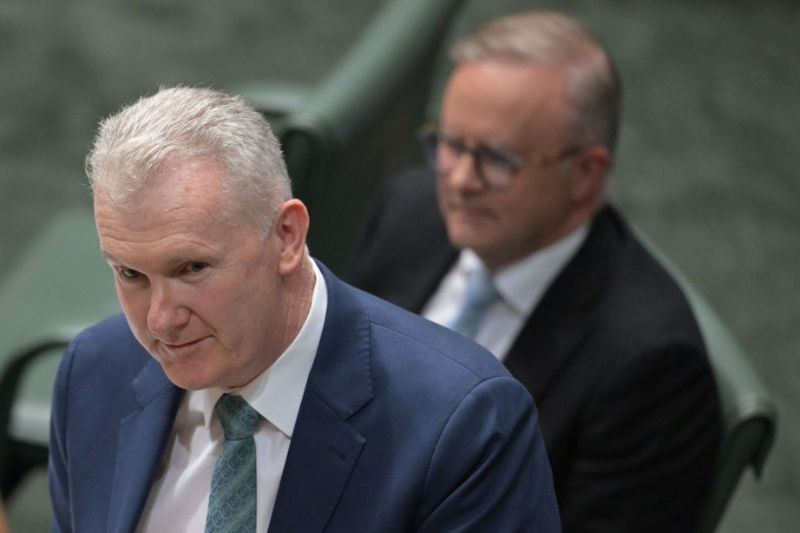
AUSTRALIA
- Frank Brennan
- 04 December 2024
1 Comment
When High Court rulings challenge government policy, they usually prompt reflection and refinement. But for the Federal Government, a recent decision on non-citizen rights has sparked a legislative overreach, mirroring the Opposition’s hardline stance.
READ MORE
-
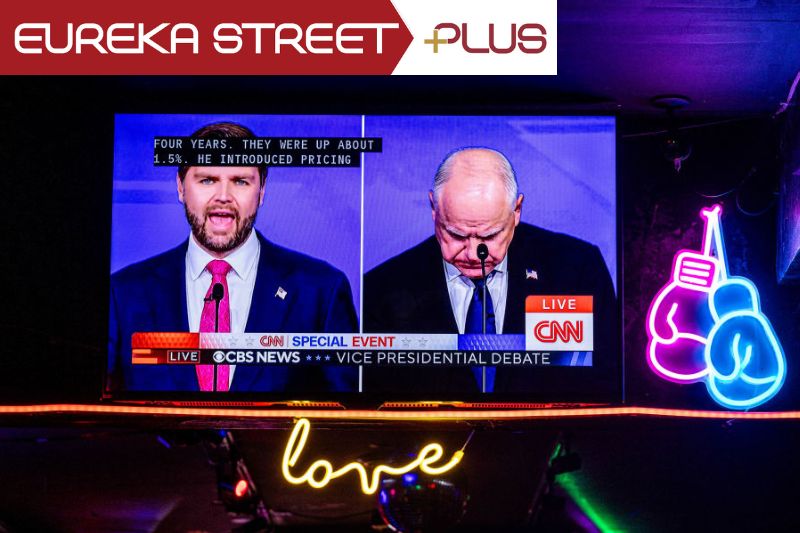
INTERNATIONAL
- Peter Craven
- 09 October 2024
With moments of shared perspective and common ground, the weird thing about the CBS debate the debate between the two putative vice-presidents, J.D. Vance and Tim Walz, was how civil and considerate it was and (in its way) how impressive.
READ MORE 
-
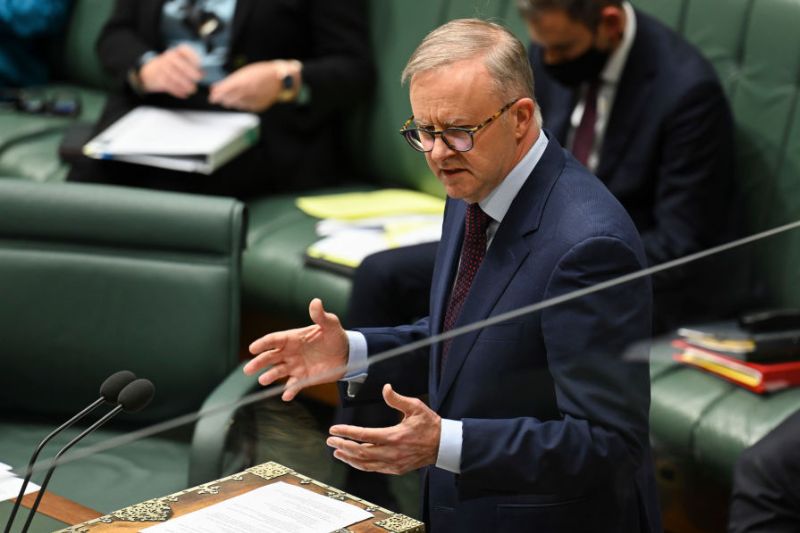
AUSTRALIA
- Frank Brennan
- 28 October 2022
6 Comments
In recent years, Australian policies in relation to asylum seekers and refugees have been unnecessarily mean, cruel and disorganised. The election of the Albanese government provides the opportunity for a reset, putting behind us the past mistakes of both Coalition and Labor Governments in the last 20 years.
READ MORE 
-

AUSTRALIA
- Michele Frankeni
- 24 October 2022
How do we go from insisting our children tell the truth, even if it leads to punishment for breaking rules, to casually accepting a lack of veracity from societal ‘leaders’? Why in this age of social media when the mildest of heterodox comments cause a storm of protest do blatant untruths cause not even a ripple?
READ MORE 
-
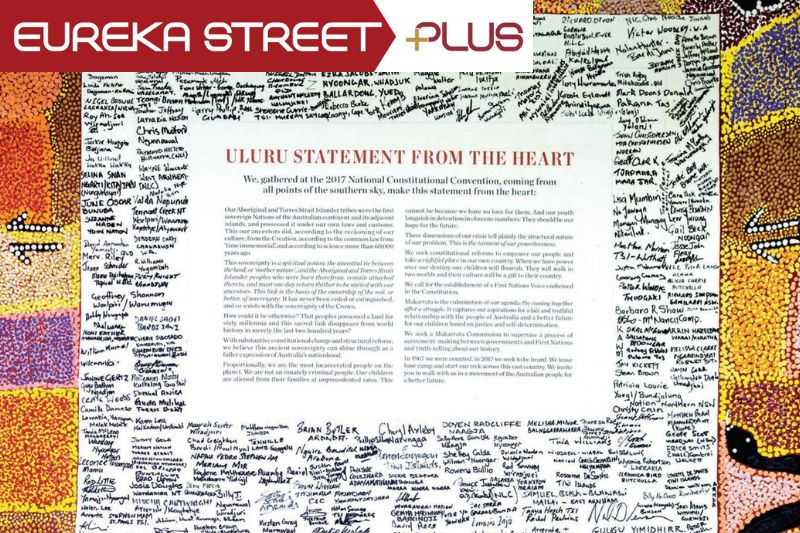
AUSTRALIA
- Frank Brennan
- 17 August 2022
2 Comments
We need to be able to do more than simply give notional assent to the Uluru Statement. We need to be able to contribute to the hard thinking and difficult discussions to be had if the overwhelming majority of our fellow Australians are to be convinced of the need for a Voice in the Constitution.
READ MORE 
-
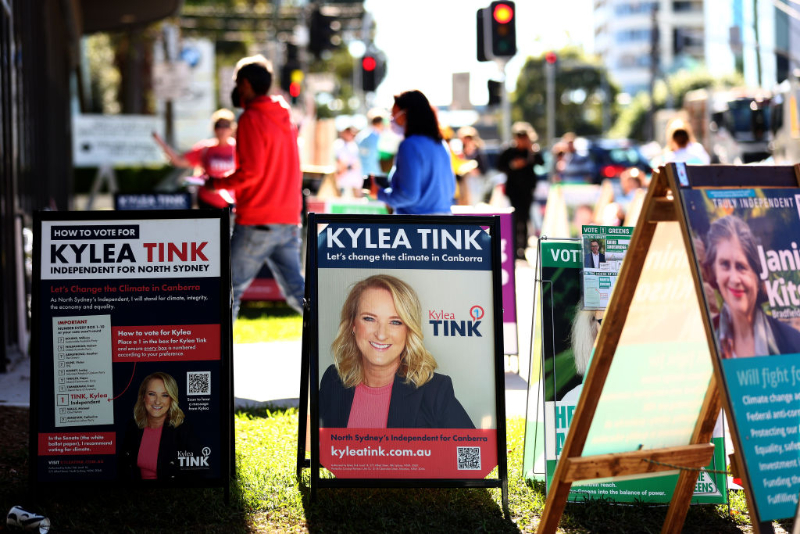
AUSTRALIA
- Binoy Kampmark
- 24 May 2022
11 Comments
The centre of the political system did not so much hold as desert. The vote was a furious, determined and tenacious shout from the estranged centre, a shivering of the timbers. The calibre of individuals elected — many from professions, many with public service outside the traditional party hierarchy of patronage and promotion, and most, women — has not been previously seen in this country’s politics.
READ MORE 
-
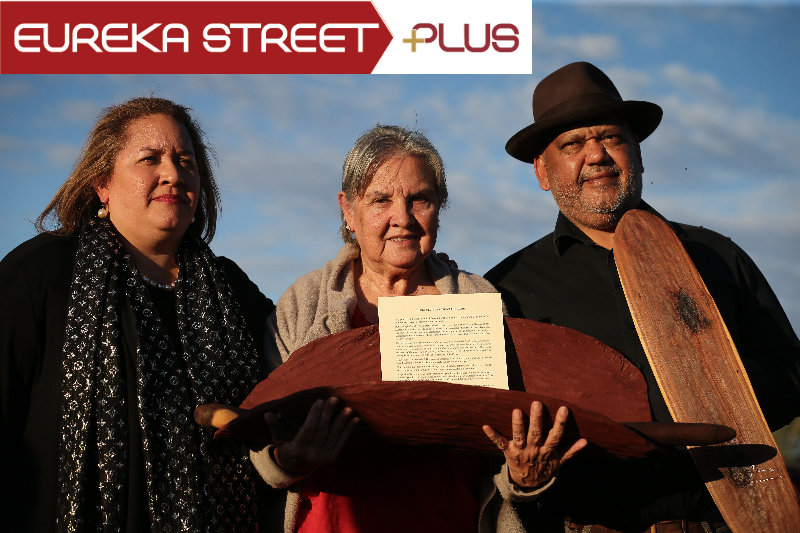
AUSTRALIA
- Frank Brennan
- 06 May 2022
5 Comments
Whoever is Prime Minister after the election on May 21, he will need to address the question of Indigenous recognition in the Australian Constitution. This is the sixth election in a row when the question has been a live, unresolved issue during the election campaign. The patience of Indigenous leaders is understandably wearing thin. Trust is waning. There is still no clear path ahead. So where to from here?
READ MORE 
-
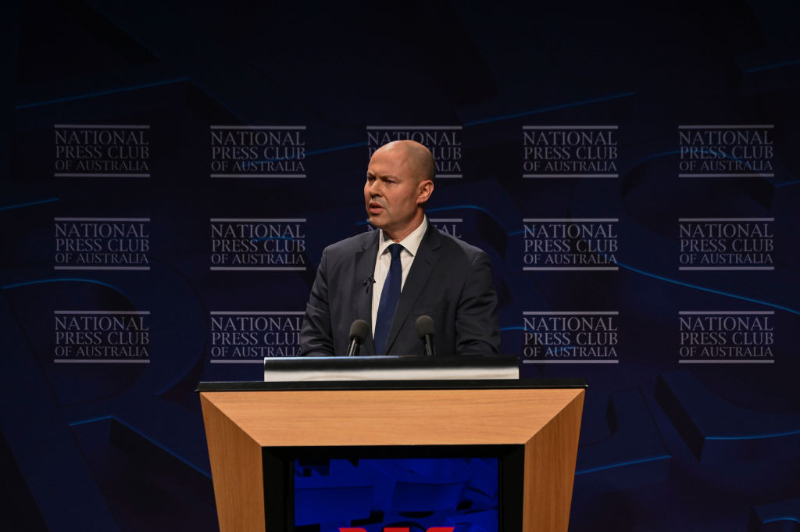
ECONOMICS
- Julian Butler
- 31 March 2022
1 Comment
In 2020 as the Covid-19 pandemic raged globally, as Australia shut its borders and some states shut in their people, massive government income support was introduced. The government was a little slow coming to recognise the need for such measures. Once they had, they wanted the support rolled out as quickly as possible. Frydenberg, Scott Morrison and their colleagues recognised that a demand side boost was absolutely necessary to sustain economic activity. The government was uncomfortable, though, with this approach.
READ MORE 
-
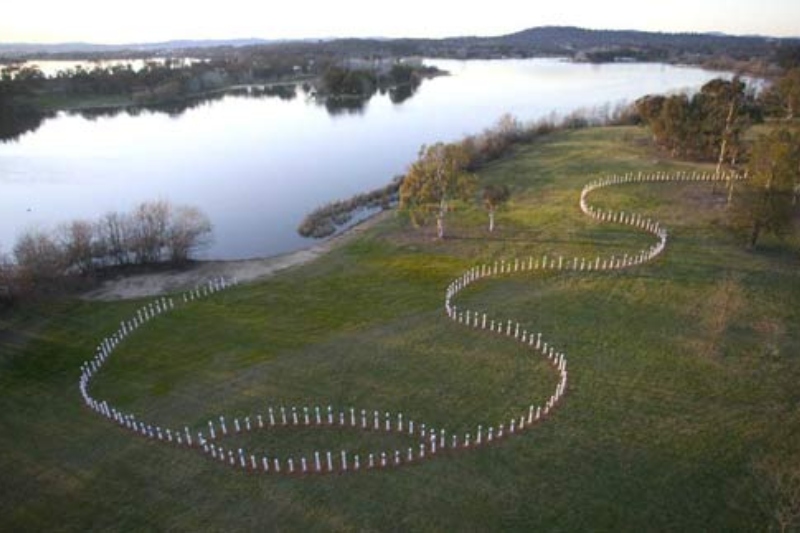
INTERNATIONAL
- Binoy Kampmark
- 01 November 2021
38 Comments
Two decades ago, an Indonesian vessel given the name SIEV X sank with loss of life that should have caused a flood of tears and a surge of compassion. Instead of being seen in humanitarian terms, the deaths of 353 people became a form of rich political capital, placed in the bank of opportunism to be amortised at a federal election.
READ MORE 
-
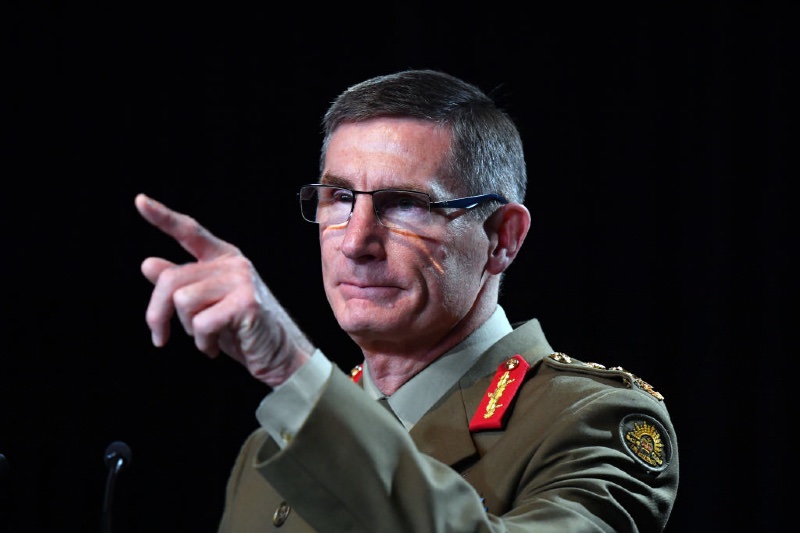
AUSTRALIA
- Binoy Kampmark
- 24 November 2020
21 Comments
The discussion in Australia as to how such atrocities are to be approached is telling. The call for responsibility has varied by degrees. Most tend to some variant of the rotten apple theory: a few particularly fruits that may be isolated and extruded from the barrel. Culpability can thereby be confined, preserving the integrity of other military personnel and, importantly, political decision makers.
READ MORE 
-
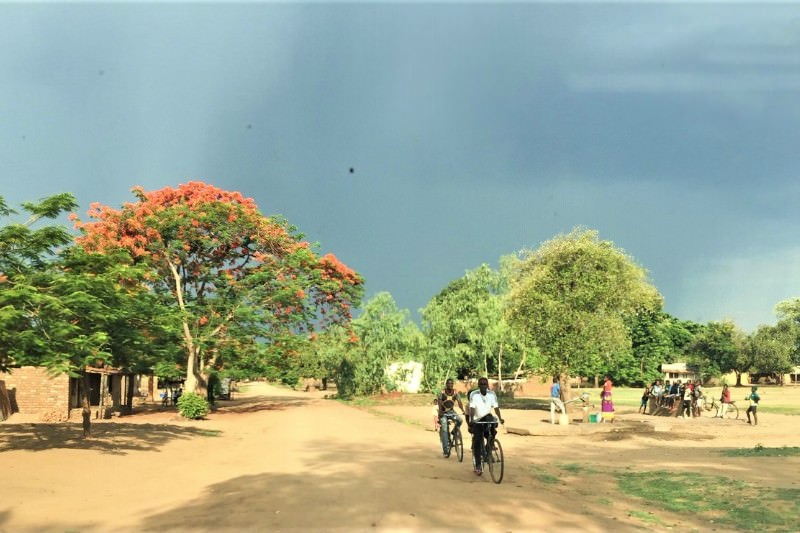
ENVIRONMENT
- Catherine Marshall
- 14 November 2019
10 Comments
As fires obliterated large swathes of Australia, I was largely oblivious to the news — though tenuously connected to events as I travelled through oven-hot, tinder-dry national parks in Southern Africa. It was only when I reached the airport in Johannesburg that the extent of the catastrophe became apparent to me.
READ MORE 
-
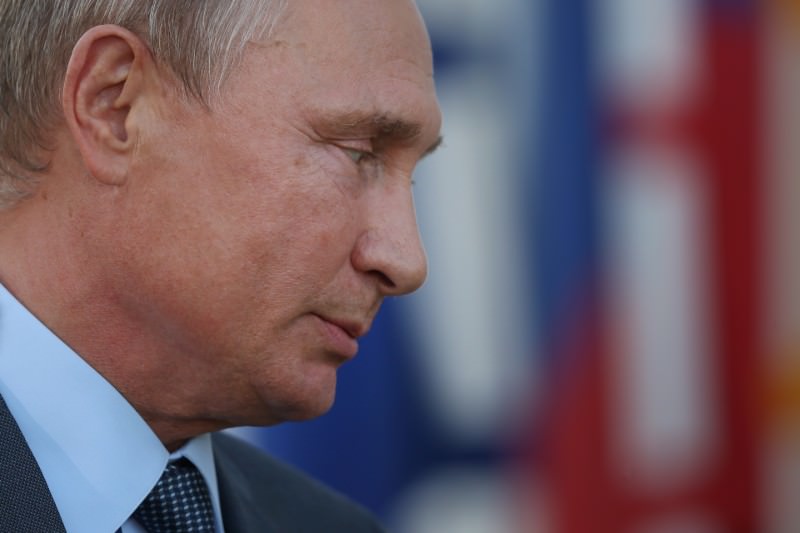
INTERNATIONAL
- Justin Glyn
- 06 November 2019
9 Comments
A casual reader, picking up Tony Kevin's book without much background knowledge on the events which it covers, might assume that the work was alarmist conspiracy theory, so wildly is it at odds with the standard fare which one reads in the papers about Russia and contemporary politics in general. Frighteningly, it is not.
READ MORE 